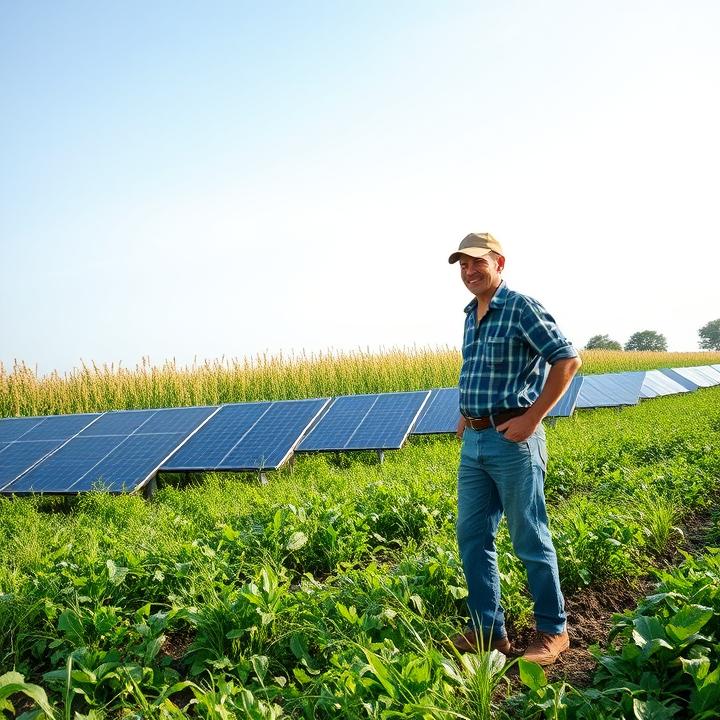Mahatma Gandhi National Rural Employment Guarantee Act (MNREGA) महात्मा गांधी राष्ट्रीय ग्रामीण रोजगार गारंटी अधिनियम
The Mahatma Gandhi National Rural Employment Guarantee Act (MNREGA) is a landmark legislation in India that aims to enhance livelihood security in rural areas by providing a legal guarantee for at least 100 days of unskilled wage employment in a financial year to every rural household whose adult members volunteer to do unskilled manual work. Enacted in 2005, MGNREGA has been a significant step towards improving the socio-economic conditions of rural India. This article delves into the key features, objectives, significance, challenges, and impact of MNREGA.
Mahatma Gandhi National Rural Employment Guarantee Act
- Background: MNREGA was enacted on August 25, 2005, in response to the persistent issue of rural unemployment and underemployment in India. The act was named after Mahatma Gandhi, who championed the cause of rural development and employment.
- Objective: The primary objective of MGNREGA is to enhance livelihood security in rural areas, reduce poverty, and empower rural communities by providing them with guaranteed employment.
Key Features of MNREGA
- Legal Guarantee of Employment:
- MGNREGA provides a legal guarantee for at least 100 days of unskilled wage employment in a financial year to every rural household.
- This employment is to be provided within 15 days of the application.
- Wage Payment:
- The wages are to be paid at the minimum wage rate, which is determined by the state government.
- The payment is made through direct bank transfers to ensure transparency and efficiency.
- Work Allocation:
- The act allows for a wide range of work types, including water conservation, drought proofing, irrigation, land development, and rural infrastructure development.
- The work is primarily focused on creating durable assets in rural areas.
- Self-Selection of Work:
- The act empowers rural households to choose the type of work they want to engage in, promoting self-determination and dignity.
- Social Audit:
- MGNREGA mandates social audits to ensure transparency and accountability in the implementation of the scheme.
- This allows the community to participate in monitoring the work and expenditure.
- Involvement of Local Bodies:
- The act encourages the involvement of local self-governments (Panchayati Raj Institutions) in planning and implementing the projects.
- This decentralization promotes local governance and community participation.
Objectives of MNREGA
- Enhance Livelihood Security: The primary goal is to provide a safety net for rural households by ensuring a minimum level of income through guaranteed employment.
- Poverty Alleviation: By providing employment, MGNREGA aims to reduce rural poverty and improve the living standards of rural households.
- Empowerment of Women: The act encourages the participation of women in the workforce, promoting gender equality and empowerment.
- Creation of Durable Assets: The work undertaken under MGNREGA focuses on creating sustainable assets that contribute to the long-term development of rural areas.
- Strengthening Rural Infrastructure: The act aims to improve rural infrastructure, including water conservation, irrigation, and land development.
Significance of MNREGA
- Economic Impact:
- MGNREGA has played a crucial role in boosting rural incomes and consumption, thereby contributing to overall economic growth.
- The act has helped in stabilizing rural economies during times of distress, such as natural disasters or economic downturns.
- Social Impact:
- The act has empowered marginalized communities by providing them with a source of income and improving their bargaining power.
- It has contributed to social cohesion by promoting community participation in development activities.
- Environmental Impact:
- Many of the works undertaken under MGNREGA focus on environmental conservation, such as afforestation, water harvesting, and soil conservation.
- This has led to improved ecological balance and sustainability in rural areas.
- Women’s Empowerment:
- MGNREGA has significantly increased the participation of women in the workforce, providing them with financial independence and decision-making power within households.
- The act mandates that at least one-third of the total beneficiaries should be women.
Challenges in Implementing MNREGA
While the Mahatma Gandhi National Rural Employment Guarantee Act (MGNREGA) has made significant strides in improving rural livelihoods, several challenges hinder its effective implementation:
- Delayed Payments:
- Issue: Delays in wage payments can lead to financial distress for beneficiaries, undermining the program’s objectives.
- Impact: This can discourage participation and erode trust in the system.
- Corruption and Mismanagement:
- Issue: Instances of corruption, such as ghost workers and misappropriation of funds, have been reported.
- Impact: This not only diverts resources away from intended beneficiaries but also diminishes the program’s credibility.
- Lack of Awareness:
- Issue: Many rural households are unaware of their rights under MGNREGA or the application process.
- Impact: This leads to underutilization of the scheme, with eligible households missing out on benefits.
- Inadequate Infrastructure:
- Issue: Poor infrastructure in rural areas can hinder the execution of projects and timely completion of work.
- Impact: This affects the quality of work and the creation of durable assets.
- Limited Scope of Work:
- Issue: The types of work available under MGNREGA may not always align with local needs or skills.
- Impact: This can lead to underemployment or dissatisfaction among workers.
- Political Interference:
- Issue: Political influence can affect the allocation of work and resources, leading to favoritism.
- Impact: This undermines the equitable distribution of benefits and can exacerbate social inequalities.
How to Apply for MNREGA
Applying for MGNREGA is a straightforward process, designed to be accessible to rural households. Here’s how individuals can apply:
- Eligibility:
- Any rural household with adult members willing to do unskilled manual work is eligible to apply.
- Application Process:
- Step 1: Visit the local Gram Panchayat (village council) office to obtain the application form.
- Step 2: Fill out the form with necessary details, including the number of adult members seeking employment.
- Step 3: Submit the completed application form to the Gram Panchayat.
- Job Card Issuance:
- Upon successful application, the Gram Panchayat issues a Job Card, which serves as proof of registration under MGNREGA.
- Work Request:
- Households can request work by submitting a written application to the Gram Panchayat, which must be addressed within 15 days.
- Work Allotment:
- Once the application is processed, work is allocated, and beneficiaries are informed about the details.
- Wage Payment:
- Wages are paid directly to the bank accounts of beneficiaries, ensuring transparency and efficiency.
Conclusion
The Mahatma Gandhi National Rural Employment Guarantee Act (MGNREGA) has been a transformative initiative in addressing rural unemployment and enhancing livelihood security in India. By providing a legal guarantee of employment, it has empowered rural households, improved living standards, and contributed to the creation of durable assets in rural areas.
However, the challenges in implementation, such as delayed payments, corruption, and lack of awareness, need to be addressed to maximize the program’s potential. Strengthening the infrastructure, ensuring transparency, and enhancing community participation are crucial for overcoming these hurdles.
In conclusion, MGNREGA represents a significant step towards rural development and poverty alleviation. With continued efforts to improve its implementation, the act can further contribute to the socio-economic upliftment of rural India, ensuring that the vision of Mahatma Gandhi for a self-reliant and prosperous rural community is realized.
Join us on Facebook, WhatsApp , Telegram , LinkedIn and PM Mudra Loan Scheme for latest news.



